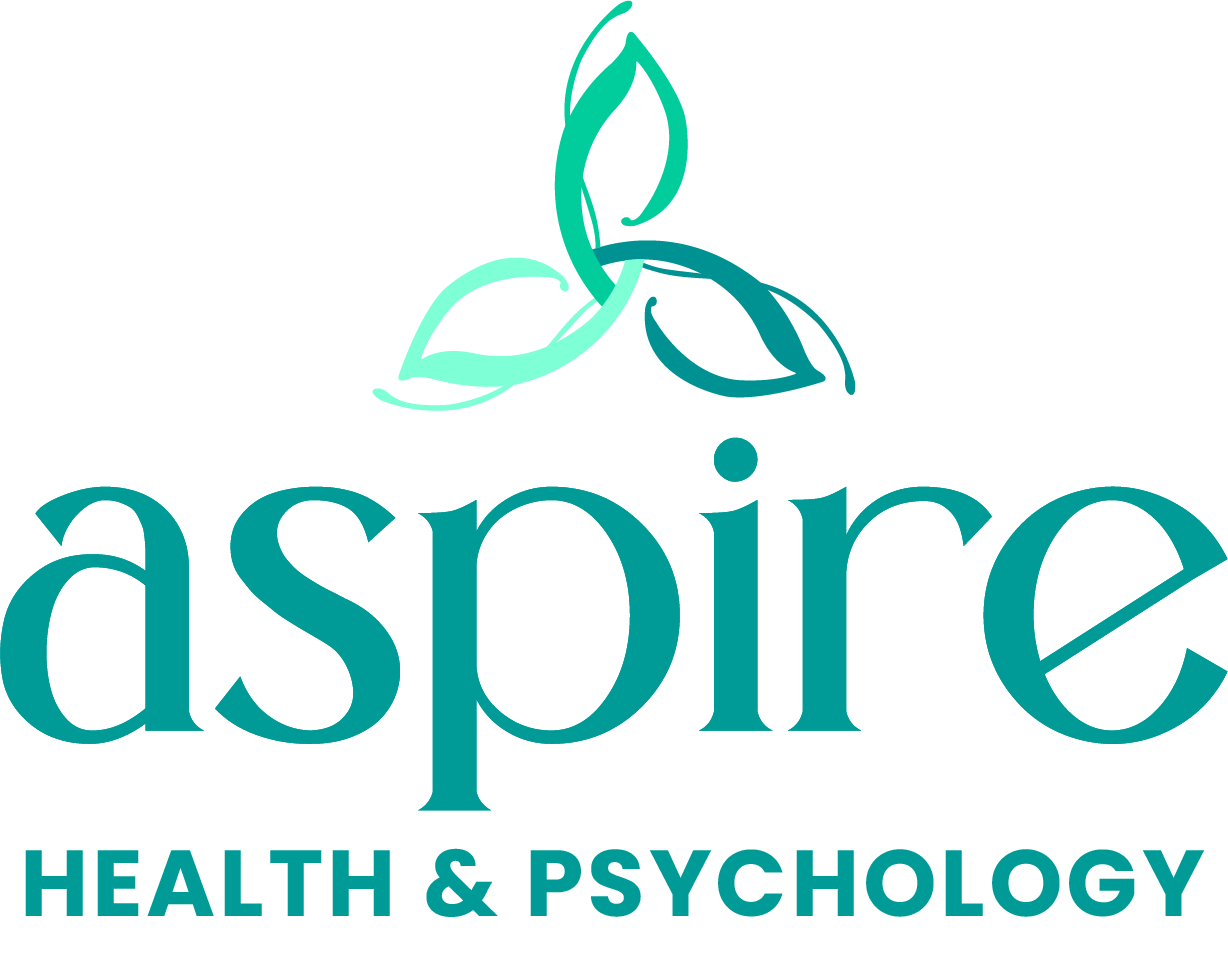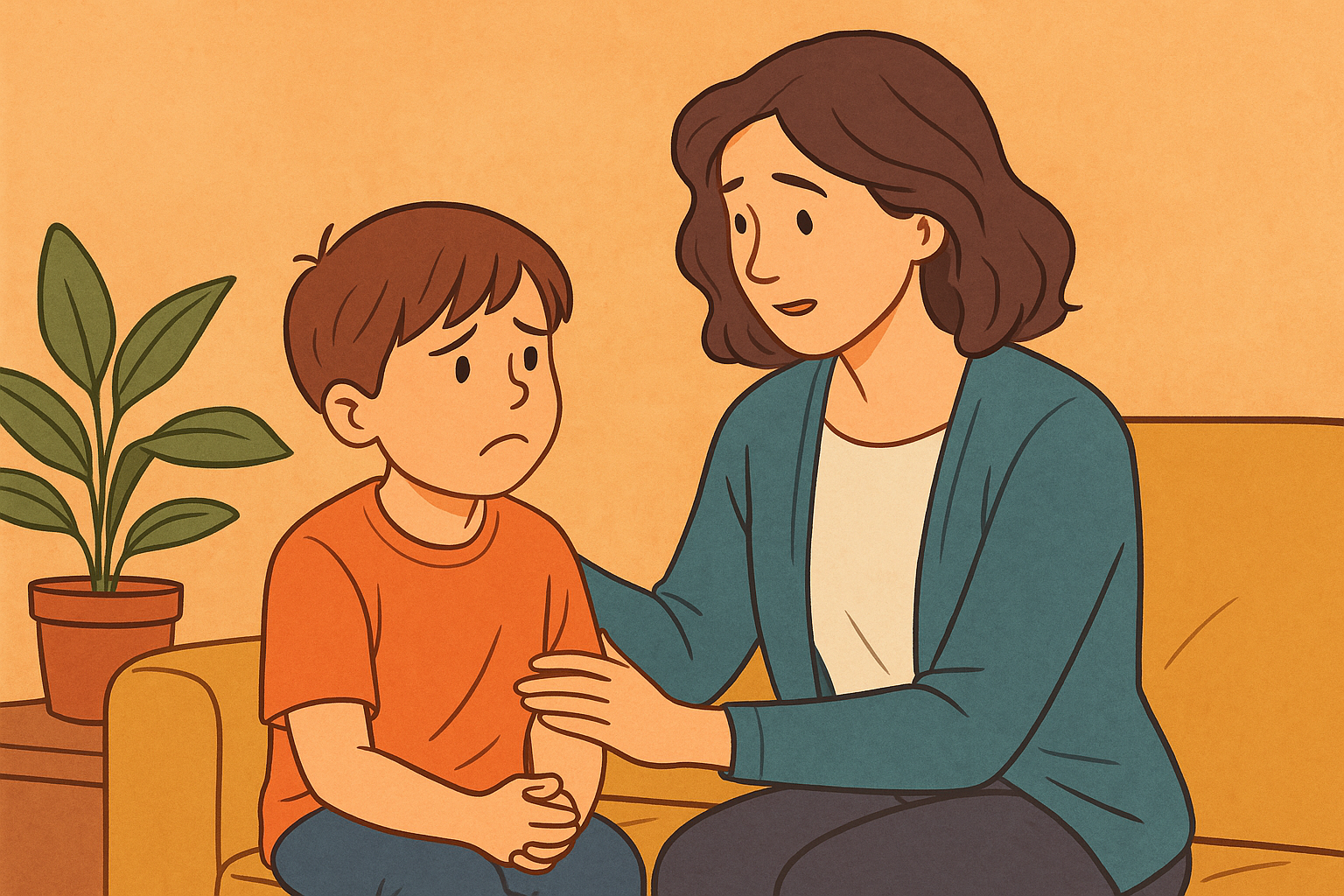Emotion Coaching
This article introduces an option parents can utilise at home that helps improve therapeutic outcomes and emotional intelligence in children, while strengthening the parent-child connection.
Understanding Parenting Responses
Psychologist and researcher John Gottman studied how parents respond to their children’s emotions and behaviours. He described four primary parenting styles and their impact on child development:
Emotion Dismissive
These parents often ignore or distract from emotions due to their own discomfort. They tend to minimise emotional experiences, both their own and their child’s. Children raised in this environment may feel something is wrong with them for experiencing emotions and often lack the tools to self-regulate.
Emotion Disapproving
This authoritarian style criticises or punishes emotional expression, viewing it as a weakness. Similar to dismissive parenting, this can harm a child’s emotional development. Additionally, children may become fearful or anxious about expressing emotions at all.
Laissez-Faire
Often perceived as the “cool parent,” this permissive style allows children to do whatever they want without setting limits. These parents typically don’t offer guidance, boundaries, or teach emotional regulation or problem-solving skills.
Emotion Coaching
Emotion coaching is a supportive parenting style that helps children understand and manage their emotions. It models emotional intelligence and teaches children how to problem-solve in healthy ways.
Children of emotion coaching parents tend to:
Perform better academically
Have stronger self-esteem
Develop better social skills
The 5 Steps of Emotion Coaching
Be aware of both your own and your child’s emotions
See emotions as an opportunity to connect and teach
Listen with empathy and validate the emotional experience
Help label emotions with accurate words
Set boundaries and support your child in developing problem-solving skills
Encouragement for Parents
The good news is you don’t have to coach perfectly 100 percent of the time to see benefits. Even occasional use of these skills can make a positive difference.
Try these steps with an open mind and self-compassion. If you’re looking for additional support, consider:
Speaking with your child’s counsellor
Booking one-on-one parent counselling
Enrolling in parenting programs like Tuning into Kids

